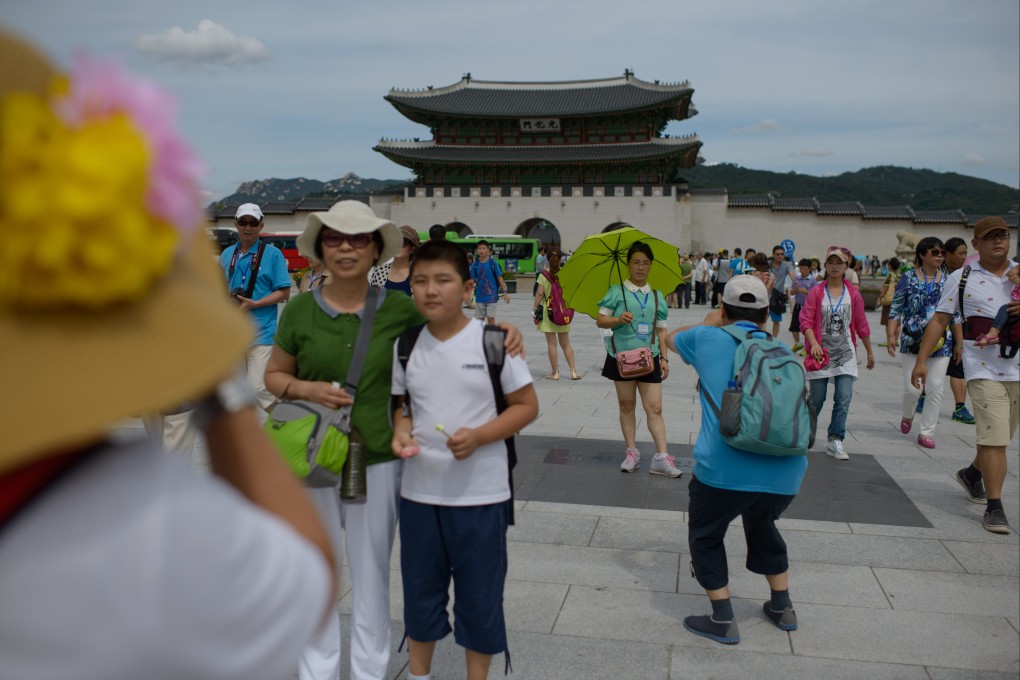Advertisement
Opinion | China, South Korea need more cultural exchanges to avoid lasting split
- In recent years, relations between South Korea and China have been marked by increased friction between governments and frosty public opinion on both sides
- Maintaining durable societal and cultural linkages is the only way the overall bilateral relationship can endure and possibly improve in the future
Reading Time:4 minutes
Why you can trust SCMP
2

On March 18, China condemned South Korea for inviting Taiwan to the third Summit for Democracy, an annual event spearheaded by the United States and its democratic partners. This took place only days after Beijing’s earlier warning to Seoul over its comments regarding maritime tensions in the South China Sea, laying bare the growing strains in China-South Korea relations.
The diplomatic salvo reflects the challenges facing the Yoon administration’s efforts to reset relations with Beijing in the wake of the THAAD imbroglio and Seoul’s tightening trilateral security cooperation with Washington and Tokyo – moves that culminated at the Camp David summit last year. China has made its displeasure clear, with its ambassador to South Korea Xing Haiming bluntly warning Seoul last June not to bet against China.
Yet perhaps more worrying than frictions at the government level is the hardening of public sentiment on both sides. Polling reveals rising mutual antipathy between the South Korean and Chinese publics, stoking concerns about the long-term trajectory of one of Asia’s most consequential bilateral relationships.
Advertisement
A January survey by Hankuk Research found that fewer than 30 per cent of South Koreans viewed China favourably, placing it alongside North Korea and Russia. Strikingly, unfavourable attitudes towards China were strongest among South Korean youth aged 18 to 29, suggesting an emerging generational divide.
This hostility appears to be reciprocated on the Chinese side. A Tsinghua University study in 2023 showed just 14 per cent of Chinese respondents held positive views of South Korea.
Advertisement
The data points to a brewing crisis of sentiment between the peoples of China and South Korea that could prove even more vexing for policymakers than the current official discord.
Advertisement
Select Voice
Select Speed
1.00x

